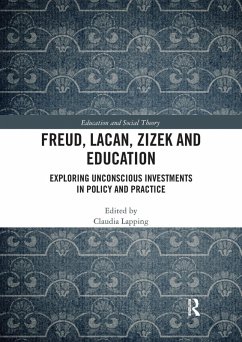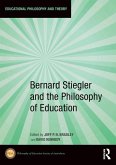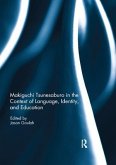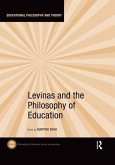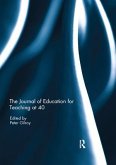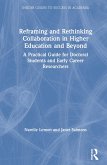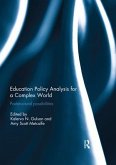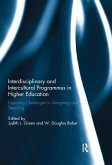All areas of education policy and practice are driven by unconscious investments in ignorance, or idealised images of transformation of the individual, society and economy. The promise of fulfilment and associated threats of disappointment or destruction tend to dominate conscious accounts of education. Other more vulnerable or unspeakable aspects of our engagements with education are covered over when we account for learning, and justify teaching as professionals, policy makers and researchers; but they leak out in slips, lapses, emphasis, paradox and contradiction. Freud's account of resistance and repetition; Lacan's theorisation of the role of language and desire; and Zizek's elaboration of these ideas in a theory of ideology and enjoyment - all provide tools for exploring the vulnerable, uncomfortable and often surprising other side of education: the hidden, unconscious and unspoken desires that we invest in educational institutions and practices. This collection offers glimpses of this other side of education produced in empirical studies using a variety of methodological approaches: practice-based theoretical speculation, policy analysis, ethnography, interviews and free associative methods, as well as ideological critique of the field of critical educational practice and research. The book foregrounds political and unconscious aspects of investments in the fields of education and educational research. The chapters in this book were originally published as articles in Taylor and Francis journals.
Hinweis: Dieser Artikel kann nur an eine deutsche Lieferadresse ausgeliefert werden.
Hinweis: Dieser Artikel kann nur an eine deutsche Lieferadresse ausgeliefert werden.

